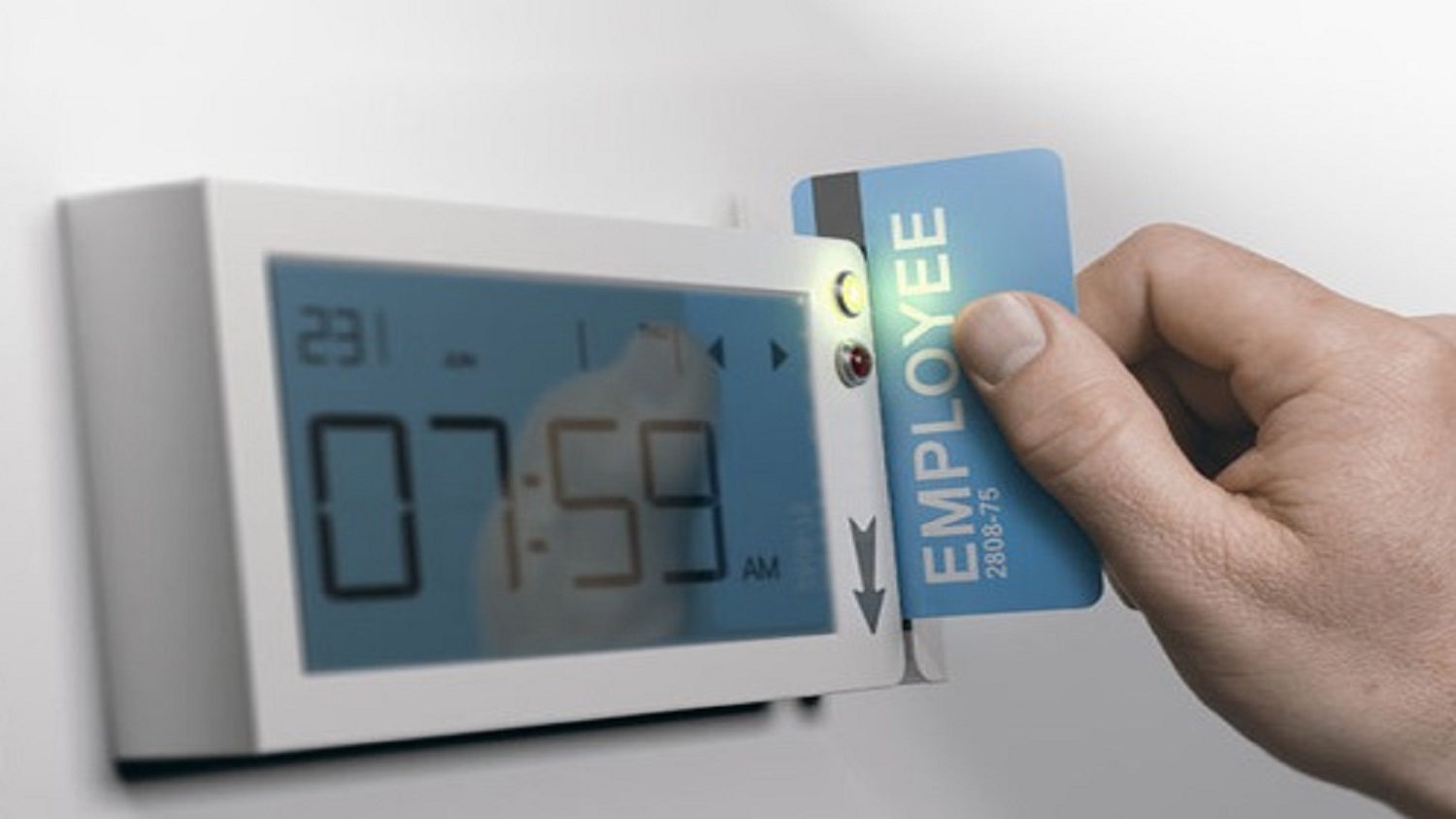
Letter to PM argues sleep-in shifts are working time
UNISON and Mencap have written jointly to the Prime Minister calling for immediate reform of minimum wage laws affecting thousands of care workers. The letter to Boris Johnson says “action is needed urgently” to amend current rules so sleep-in shifts – where staff have to stay overnight away from home – are defined as working time and paid properly. Some organisations require their workers to be on-call (sometimes called stand-by) outside of their usual working hours. Whether this time should count as part of their working hours depends on the conditions attached to the on-call time. Generally, if the worker has to be at their place of work then all the on-call time is usually classed as working hours, whether the worker is required to work or not.
Last month, the Supreme Court ruled the hours employees are asleep don’t have to be paid at minimum wage rates, only the time they are awake and looking after people.
Union UNISON and learning disability charity Mencap were on opposing sides during the long-running case. Mencap contested the case due to the huge back pay bill facing the care sector, and UNISON supported Clare Tomlinson-Blake because it believes care staff should be paid for all the hours they're at work. But in the letter to the Prime Minister, both state they are “united in the same vision” of a “properly funded care sector”. They say “paying staff decent wages is a major part of this” and “fair pay means care providers can retain the skilled workforce that’s essential for excellent care”.
UNISON and Mencap urge Boris Johnson to ask the Low Pay Commission to investigate the issue of sleep-in pay and reassess the status of shifts so “the entirety of these” are treated as working time.
Both say the Supreme Court judgment was a “huge blow to care workers” and warn it could be seen by some providers and council care commissioners as “an opportunity to cut costs including wages”. They predict the result could be “even fewer recruits joining a sector already suffering from thousands of vacancies”.
Mencap and UNISON remind the Prime Minister in the letter that “care workers are already among the lowest paid in the country” and some earn less per hour than the average retail assistant. They state, “We need to prevent their pay being eroded further”.
The letter continues:
“The demands on sleep-in workers are considerable. They’re expected to respond to the people they support at any time and at a moment’s notice during the night. Acute underfunding lies at the heart of why social care is not fit for purpose. Central government must make more resources available to local authorities to allow much-needed reform. Improving the pay of care workers is the most sensible starting point.
“Each of us will have a friend or relative who relies on the exceptional support provided by social care staff. Or may well need help ourselves one day. This is your chance, Prime Minister, to show you value their remarkable work with fair pay.”
UNISON General Secretary Christina McAnea said:
“The crisis in social care is a betrayal of the most vulnerable in society. The whole sector has been broken for years and the government has ignored this. Proper wages for every hour staff work are a key part of much-needed reform. The fact UNISON and Mencap are united on this issue shows the strength of feeling across the care sector that enough is enough. Ministers must take heed and act now.”
Mencap Chief Executive Edel Harris said:
“Care workers are among the lowest paid in society, yet they do vital, highly-skilled work supporting our loved ones. They deserve better pay. Boris Johnson promised to fix social care – paying fairly for overnight support is the first step. Today, we’re joining UNISON to urge the Prime Minister to change minimum wage legislation. Ultimately, the government’s reforms must include properly funding social care and improving pay to create a world-class social care system we can be proud of.”






